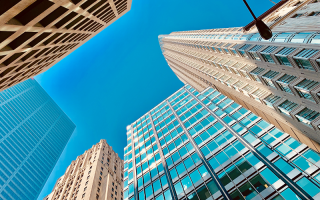A 360-Degree Approach to Carbon Reduction in the Construction Sector
28 November 2022, 9:30 am–11:00 am

Join us for the research seminar 'A 360-Degree Approach to Carbon Reduction in the Construction Sector' with Professor Thomas Ng.
This event is free.
Event Information
Open to
- All
Availability
- Yes
Cost
- Free
Organiser
-
The Bartlett School of Sustainable Construction
Location
-
Lecture Theatre 1151-19 Torrington PlaceTorrington PlaceLondonWC1E 7HB
Significant reduction in carbon emissions is a global mission to combat climate change. As a major generator of greenhouse gases, the construction industry has an indispensable role in contributing to emission reduction. Despite that, reducing the carbon emitted from built facilities is challenging for high-density cities like London and Hong Kong. While various building environmental assessment models are used to delineate the environmental performance of construction facilities, the assessment is very much driven by the energy consumption during the operational stage. Nonetheless, it is possible to reduce the carbon emissions at different stages of the construction life cycle, e.g. through careful selection of materials and construction, minimisation of construction and demolition wastes, introduction of sustainable retrofit concepts, etc. These should create a lot of opportunities for construction researchers for the years to come. Unfortunately, the current research endeavour in low carbon construction is still rather fragmented. In this research seminar, some thoughts on how the construction community as a whole can contribute to reducing the life cycle carbon emissions of construction facilities holistically will be introduced. The discussions will be reinforced by the preliminary findings of some research studies in this area including the product carbon footprint and green assessment, sustainable refurbishment, green materials, design for circularity, etc. Finally, the way forward for research will be identified to help high-density cities transforming into low carbon living spaces for our future generations.
About the Speaker
Professor Thomas Ng

 Close
Close


